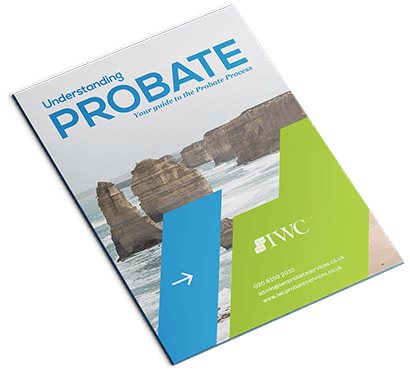Everyone will have seen it in the movies; a gathering of potential beneficiaries gathered in a solicitor’s office, listening to the formal reading of the will of their recently deceased relative. It’s an evocative image, and one that many people believe is the truth. The reality is that this does not happen – there is no actual formal reading of the will. Therefore not all of the beneficiaries need to be present when the will is looked at. Its easy to mix fiction and fact on this matter, so when does the reading of the will take place?
Clearing a few things up
Firstly, the testator must be dead before the will can be read by anyone else. No one has the right to see (and certainly not to influence) the will before the testator dies. Unless the testator themselves wants to show it to others, it should be kept safe, ideally under lock and key. It is also important to remember, that nothing in the will can come to pass until the testator has died. Once they have died, the contents of the will can come into effect, thanks to the efforts of the executor. Another important piece of advice: again, movies will make you believe the will reading is done after the funeral. Many people include funeral directions within their wills, so this would be a mistake. More often than not, the will needs to be read as soon after the death as possible. If the executor is not the person arranging the funeral then the person who is dealing with it should be allowed to see the part of the will pertaining to the service and instructions on what should be done with the body. They won’t need to see the rest of the will.
Complete Your Will Online
Use our online bespoke Will instructions form and a member of our Will Writing team will professional write and then post your Will.
Preparing a Will has never been more important.
The Executor’s Duties
Generally, the executor is the only person who will (and must) read the will. If they choose to allow others to read it, that is their choice, no laws say they must. Although some feel that it would do more harm than good, the executor is within their legal rights to refuse when/if asked, even if that person is a family member. Any beneficiary who is entitled to receive a part of the estate, may not be entitled to see the will. And entitled to find out what they’ll be receiving from the estate, therefore must be informed of being a beneficiary. This does not mean that they need to be given a copy of the will, or shown the original will, however; they can simply be told of the contents.
Plus, they only need to know what they are receiving, and not what anyone else who is mentioned in the will will get. After the grant of probate has been issued and is completed, the original will is submitted to the Probate Registry, and it becomes a public document so anyone, whether they are involved in the estate or not, can see what was written in it.
If you need to apply for probate, please use our online probate application form. Once submitted our team of probate professionals will be in touch with a fixed fee cost.





